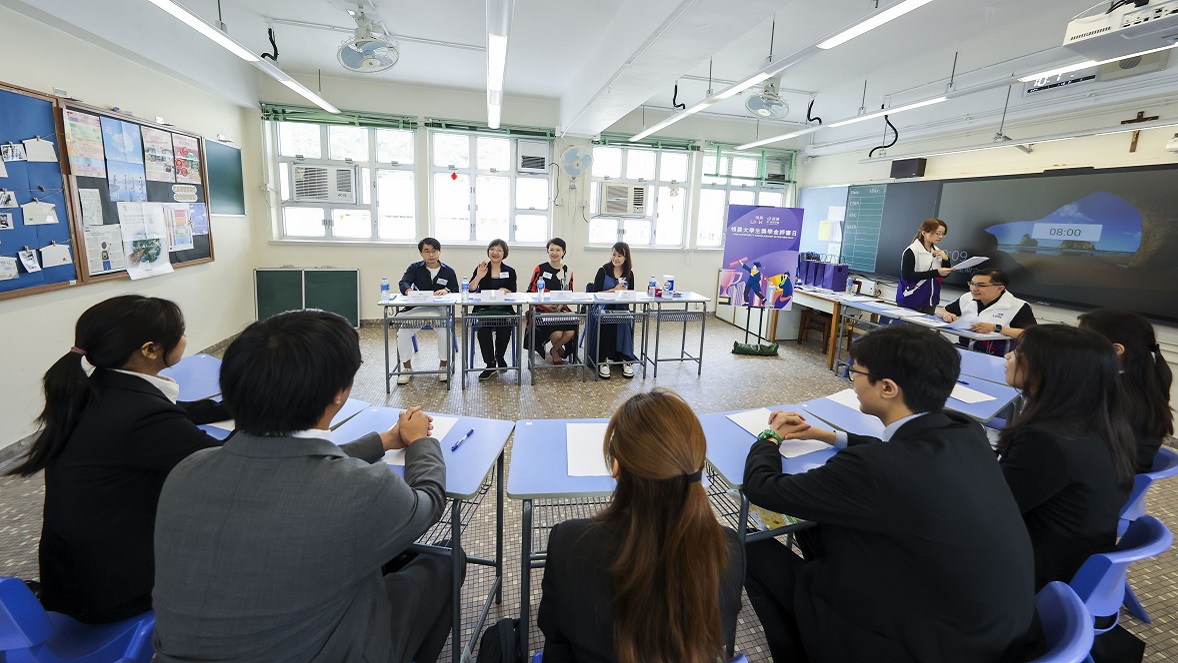
On a Saturday morning, university students dressed in formal attire made their way into a secondary school hall, walking confidently towards the panel of judges. With determination in their eyes, they exchanged greetings with the judges, marking the start of Link University Scholarship Interview Day.
It was 2 November, the day when about 70 judges from government bodies, public institutions, business, social welfare, social enterprises, media and other sectors gathered to assess scholarship applicants. The judges were divided into small groups to select 220 local university students as recipients of the scholarship. Students were engaged in icebreaker activities and group discussions on social issues.
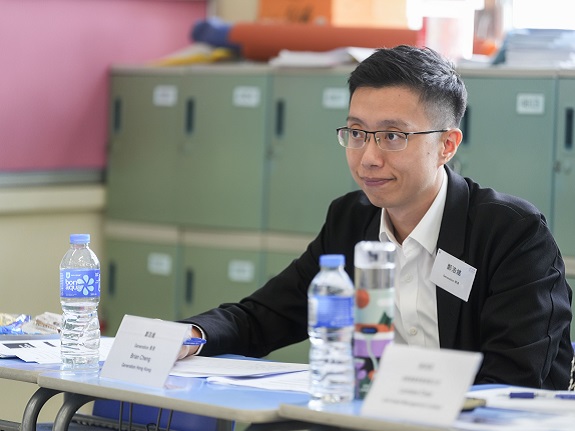
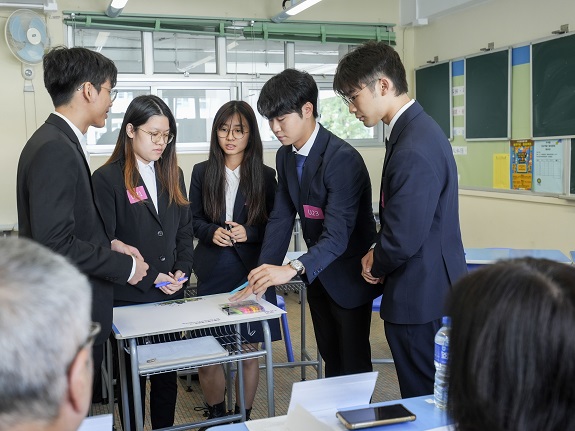
Brian Cheng, CEO of Generation Hong Kong and a first-time judge for the Link University Scholarship, was impressed by the performance of the interviewed students. “In addition to considering students’ views on sustainability issues, I particularly valued their depth and breadth of thought, communication skills and creative thinking, as these qualities are essential for success in the future workplace.”
“The students offered excellent perspectives today. I could see their passion and unique personal insights,” Brian remarks.
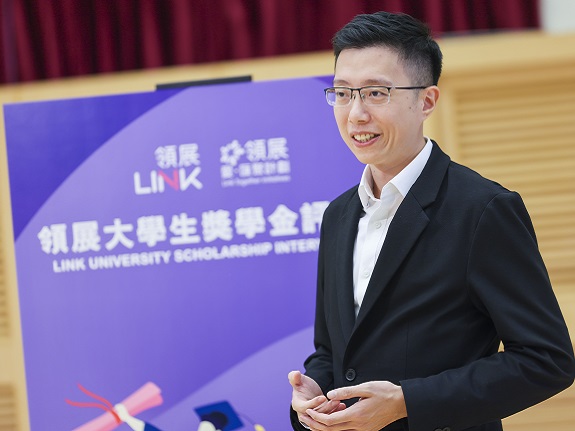
Brian accepted the role of judge because he admires Link’s commitment to community building and youth development. “Generation Hong Kong is a global NGO founded by McKinsey & Company, dedicated to bridging the gap between education and employment. By partnering with employers, we aim to address youth unemployment and underemployment. This mission aligns perfectly with Link’s goals of nurturing young people and helping them climb the social ladder.”
Watching the young students discuss social issues with such earnestness reminded Brian of his own scholarship experience. “I received a scholarship during my studies – not for academic achievement, but for my dedication to organising extracurricular activities.”
Brian believes scholarships offer more than just financial support. More importantly, they help recipients discover their strengths. “The scholarship validated my interpersonal skills, showing me how I could apply these traits in my future career while also highlighting areas where I could improve.”
As a bridge between employers and young people, Brian frequently interacts with major corporations. So, does having a scholarship increase employment prospects? “Beyond academic excellence, scholarships often require a commitment to social service. Employers are naturally more inclined to invest in candidates with diverse resumes. Similarly, scholarship recipients can highlight their qualities beyond academic achievements, boosting their competitiveness in the job market.”
“The rapid pace of business evolution often surpasses education, creating a gap,” Brian adds. “Scholarships not only ease financial burdens and help recipients achieve their dreams, but they also bring together ambitious young people who will ultimately give back to society. This creates a triple-win scenario for schools, businesses and society.”
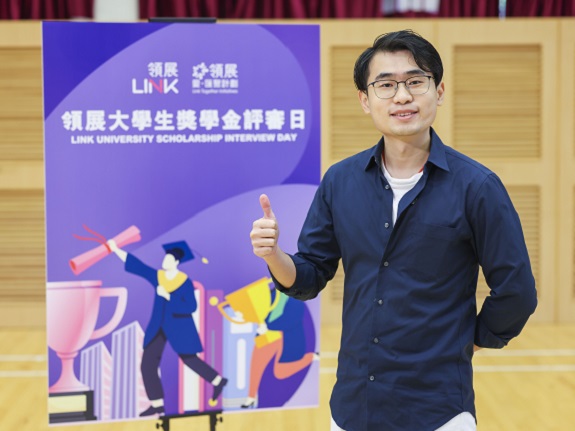
Nick Li, a four-time recipient of the Link University Scholarship, returned this year as a judge. For Nick, the scholarship programme holds special significance: “Over the course of four years, the scholarship not only provided financial support for my studies but also validated my hard work. Now, I hope to pay it forward by encouraging younger students.”
Comparing the current group of applicants to himself when he was their age, Nick notes, “The students today are incredibly bright. What stood out to me most was the icebreaker activity, where students worked together to illustrate their vision of a sustainable community. I focused on how well they collaborated as team players. Students don’t always need to be leaders – what matters is understanding their personality and strengths so they can quickly identify their role in the team.”
From being an interviewee to now serving as an interviewer, Nick has found the rigorous selection process to be highly beneficial: “The interview extends beyond just that half-hour interaction. Students must prepare in advance, understand their strengths and showcase them during the interview. Afterwards, they receive feedback from the judges to reflect upon. As a judge, I now have the valuable opportunity to meet experienced professionals across various sectors and learn from them.”
Nick believes scholarships offer more than financial aid – they foster continuous growth for university students: “First-generation university students often have limited resources and need to put in extra effort. The scholarship not only encourages and acknowledges their hard work but also has a lasting impact. Recipients become part of the Link Scholars Alumni community. As a member myself, I’ve met like-minded individuals through volunteer work, forming a network of people who are committed to giving back to society, which I find deeply meaningful.”